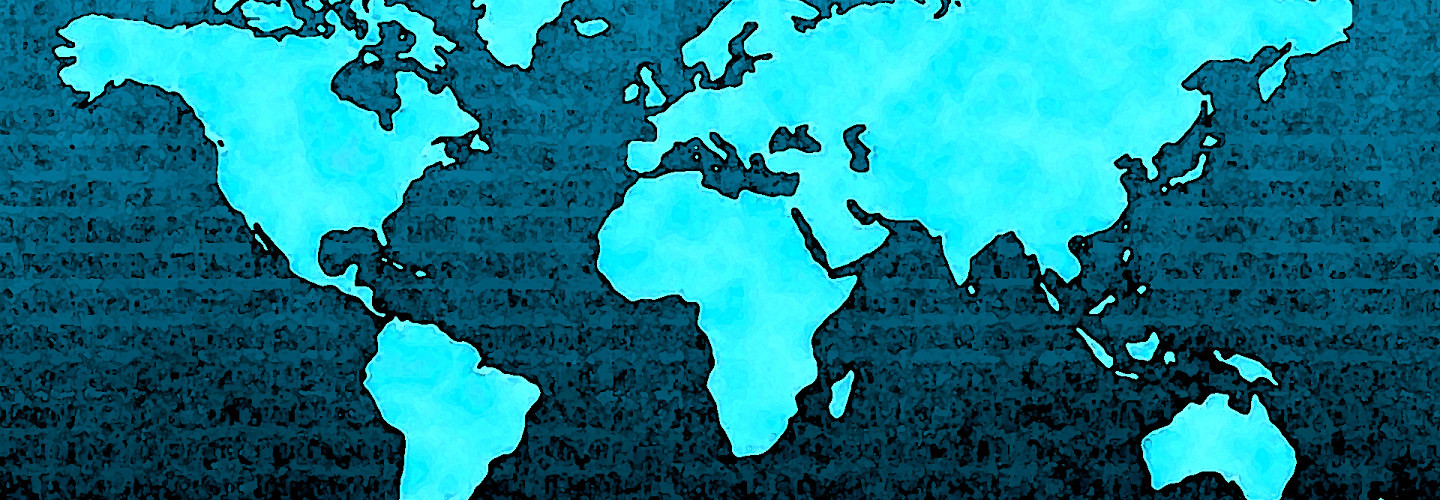At the start of every month, the Global Observatory posts a list of key upcoming meetings and events that have implications for global affairs.
FEBRUARY 4: Presidential Election in Costa Rica
The first round of the election for president of Costa Rica will be held on February 4. In recent weeks, evangelical Christian congressman Fabricio Alvarado, best known for his opposition to gay rights, has emerged as the leader in polls. Experts say that a runoff is likely as no candidate is expected to win at least 40 percent of the vote. A runoff featuring the top two vote-getters would take place in early April.
FEBRUARY 4: Runoff election in Cyprus
The presidential race in Cyprus will go to a runoff vote after incumbent conservative Nicos Anastasiades won the first round but not an outright majority. Anastasiades secured 35.5 percent of the vote, ahead of his closest rival Stavros Malas, an independent candidate backed by the left-wing AKEL party, who earned 30.2 percent. Centrist Nicos Papadopoulos came third with 25.7 percent. The runoff between Anastasiades and Malas will now take place on February 4, in a repeat of the last presidential elections in 2013.
FEBRUARY 5: South Sudan Peace Talks
The Intergovernmental Authority on Development (IGAD) has approved the second phase of the High-Level Revitalization Forum on South Sudan from February 5-16 in Addis Ababa. It is expected that the forum will be attended by the warring parties in the South Sudan conflict and will result in concrete measures to restore permanent ceasefire, including a revised and realistic timeline and implementation schedule towards a democratic election at the end of the transition period later this year.
FEBRUARY 7: Global Forum on Sustainable Development
The inaugural Global Engagement and Empowerment Forum on Sustainable Development (GEEF-SD) will begin on February 7 at Yonsei University in Korea. GEEF-SD is organized and hosted by the Institute for Global Engagement and Empowerment (IGEE) and the Ban Ki-moon Centre for Global Citizens. The conference is designed to be a venue for collaboration towards achieving the UN’s 2030 Agenda. Among the speakers are academics, CEOs, and global leaders including UN Secretary-General António Guterres.
FEBRUARY 8: Relations on the Korean Peninsula
The North Korean government announced it would celebrate the founding of its military on February 8, one day before the start of the Winter Olympics in Pyeongchang, South Korea. South Korea’s Unification Minister said that the North is preparing to stage a “threatening” military parade to mark its new military anniversary and that the event would involve “large-scale” military forces and weapons. North Korea also canceled a joint cultural event it had planned to hold with South Korea citing “insulting” South Korean news media coverage of its participation in the Winter Olympics.
FEBRUARY 12: Summit on the Reconstruction of Iraq
Kuwait will be hosting an international summit on reconstructing Iraq from February 12-14. The secretary general of the cabinet of the Iraqi government Mahdi al-Allaq was quoted as saying that Iraq needs at least $100 billion in assistance to rebuild homes, businesses, and infrastructure, including oil and telecommunications facilities. The meeting is being held in cooperation with the World Bank and private corporations.
FEBRUARY 23: Report on Peacebuilding and Sustaining Peace
As required by the General Assembly, Secretary-General Guterres will present his report on peacebuilding and sustaining peace by February 23 at the latest. The report aims to strengthen UN peace operations and galvanize efforts to prevent violent conflicts.
FEBRUARY 26: 37th Session of the UN Human Rights Council
The UN Human Rights Council will hold its 37th regular session beginning on February 26. Member states will be discussing a range of issues including a review of the Universal Periodic Review mechanism, the rights of children, persons with disabilities, and promoting and combating racial discrimination. The meeting is one of the at least three sessions the Human Rights Council holds annually.
FEBRUARY 28: Renewal of Peacebuilding Office in Guinea-Bissau
The Security Council is expected to renew the mandate of the UN Integrated Peacebuilding Office in Guinea-Bissau (UNIOGBIS) on February 26. The country has been without a fully functioning government for over two years and there has been minimal progress toward implementing the October 2016 Conakry Agreement brokered by the Economic Community for West African States (ECOWAS). The agreement includes naming a consensus prime minister and electoral reforms ahead of legislative elections, currently proposed for May 10.
FEBRUARY TBD: Palestine UN Membership Application
Palestinian Foreign Minister Riad Malki announced that his ministry is planning to apply to the UN Security Council to get full UN membership for the state of Palestine and to demand international protection for its people.
FEBRUARY TBD: Renewal of Sudan Sanctions Committee Experts
The mandate of the Panel of Experts of the 1591 Sudan Sanctions Committee is expected in February. The committee, originally established in 2005, oversees an arms embargo, and travel bans and asset freezes on those designated by the Security Council.
FEBRUARY TBD: Resignation of UN Mediator for Yemen
The UN announced that its mediator for the conflict in Yemen, Ould Cheikh Ahmed, will be stepping down at the end of February. Secretary-General Guterres hopes to quickly replace Mr. Cheikh Ahmed, who has served as mediator since 2015. Mr. Cheikh Ahmed’s convoy was attacked in May last year in the Houthi-controlled capital of Sanaa. The Houthi-run Saba news agency denied there was an attack and a spokesperson later accused him of bias.





